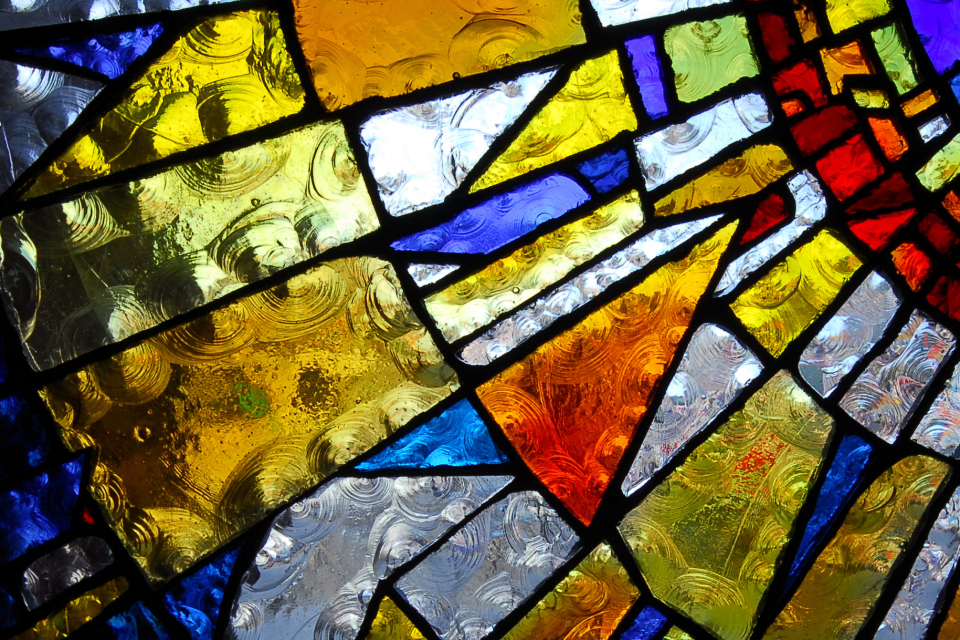
Challenges for Baptist women in ministry today
In 2023, there are still Christians who believe that women should not be pastors, and they are probably in the majority. They even have the Scripture to back up this stance: which progressive Christian has not wrestled with 1 Corinthians and 1 Timothy? Many mainline denominations take pride in their inclusion of women, backing up this stance with other verses, including those found in John 4 and Romans 16. For me, as a clergywoman, it feels good to be a member of a denomination that officially affirms my right to leadership in ministry.
There is some confusion over who was first: some sources report that Clarissa Danforth was ordained by the Free Will Baptist Church in 1815. Other sources list Frances E. Townsley (1849-1909), who was ordained in April 1885 as the first then-Northern Baptist credentialled woman minister. The United Church of Christ’s Antoinette Brown was ordained in 1853 and is hailed as “the first woman ordained into the Christian ministry since biblical times.” The United Methodist Church ordained the first woman minister in 1956 (although some of its constitutive groups did so in the late 19th century). The Evangelical Lutheran Church in America and the Episcopal Church followed suit in the early 1970s.
Although historic women’s ordinations are obviously a point of pride for mainline denominations, women still have to break through the “stained glass ceiling.” According to ABCUSA, in 2015, women comprised less than 10% of the denomination’s senior or solo pastors. In 2021, according to a Baptist Women in Ministry (BWIM) report, this number increased to 13.5%. The numbers of queer women called to pastor churches are so low that when that happens, they make headlines, as in the case of a married lesbian pastoral couple called by the Calvary Baptist Church in Washington, D.C.
Some examples of institutional misogyny include:
-Implicit bias of search committees and established church bodies against placing women in positions of leadership. Even if women aren’t directly told they cannot pastor a church, excuses provided to them include suggestions to go pastor “other” churches or discriminatory questions about reproduction (21% of respondents) and romantic life during interviews (28%).
-A pay gap. 49% of women in Baptist ministry said they were not paid equally to their male counterpart(s). Others reported that they are always given less prestigious tasks than their male colleagues.
-Being silenced or disregarded, if the individual is one of the lucky few to be called. Some women’s ordination is informally unrecognized (30%), and rather than being called “Reverend” or “Pastor,” they are mistitled as “Mrs.” or in other inappropriate ways (52%).
-Other microaggressions include having one’s expertise and authority questioned in daily work (59%), inappropriate comments about one’s body, clothes, working style, or personal life.
-Shockingly, 25% of Baptist women report having been sexually harassed or assaulted while working and serving in their ministry setting.
When these findings are broken down by race, up to 20% more women of color report having experienced these varied types of misogyny compared to white women, which speaks to further intersectional discrimination and prejudice. These statistics are alarming, unacceptable, and incompatible with the vision of the church whose “health is dependent on all the gifts of all God’s people being used for the good of all and the glory of God.” They contribute to women leaving ministry for other careers or other, more accommodating denominations.
For me, as someone who became specifically an American Baptist as a result of liberatory implications of the American Baptist theology, the report findings show that there is still room for growth in our denomination. Drawing the circle wider means celebrating a diverse leadership. Chimamanda Ngozi Adiche, a celebrated Nigerian American writer, once spoke of the “dangers of a single story.” She said in her 2009 TED Talk: “When we reject the single story, when we realize that there is never a single story about any place, we regain a kind of paradise.” It is time to reject the single story of straight male leadership as most befitting our churches. In the context of mainline Protestantism’s steady decline, abandoning this fantasy and opening up pulpits may well decide the future of the church.
Rev. Dr. Anna Piela is an ordained American Baptist Churches USA minister. She is senior writer, American Baptist Home Mission Societies and co-associate regional minister for White and Multicultural Churches, ABC Metro Chicago. A Polish immigrant and a scholar of religion, she holds a doctorate in Women’s Studies from the University of York, UK. Her second book, Wearing the Niqab: Muslim Women in the UK and the US, was published in 2021.
The views expressed are those of the author and not necessarily those of American Baptist Home Mission Societies.


